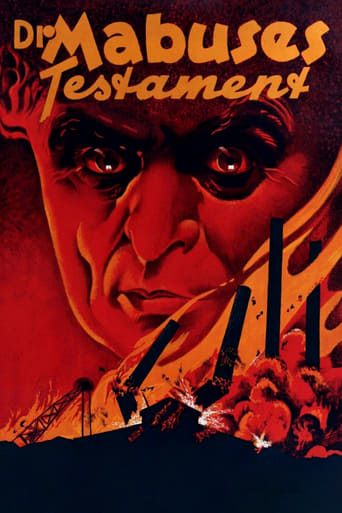Seymour Nebenzal
From Wikipedia, the free encyclopedia Seymour Nebenzal (22 July 1899 – 23 September 1961) was an American-born German film producer. He produced 46 films between 1927 and 1961. He got into film production through his father Heinrich Nebenzahl (1870–1938) who in the early 1920s worked with German action star Harry Piel. In 1926 Heinrich Nebenzahl and director-producer Richard Oswald founded the company Nero-Film. As head of this company Seymour Nebenzal became one of the most important producers of the transition period from silent to sound film in Germany. He worked with the directors Georg Wilhelm Pabst, Arthur Ripley, Douglas Sirk, Harold S. Bucquet, Edgar G. Ulmer, Léonide Moguy, Paul Czinner and Fritz Lang among others. In 1933 the Nazis forced him into exile. In Paris he produced films by other exiles from Germany such as his cousin Robert Siodmak and Max Ophüls as well as Anatole Litvak, Fedor Ozep, and Raymond Bernard. In 1939 he went on to Hollywood where he became one of the first independent producers. He made films with Edgar G. Ulmer, Douglas Sirk, Léonide Moguy, Arthur Ripley, and Albert S. Rogell. He produced remakes of his successes from the early 1930s: Siren of Atlantis with Maria Montez and M (1951), that was directed by Joseph Losey. Associate producer of M (1951) was his son Harold Nebenzal (born 31 March 1922 in Berlin) who became a script writer (The Wilby Conspiracy), film producer (Cabaret, Gabriela) and novelist (Cafe Berlin). Harold was in charge of foreign film production for many years for MGM, and also worked on many of the films of Billy Wilder, Harold's closest friend for 30 years. Seymour had years earlier made possible Wilder's first film, People on Sunday, by borrowing the needed funds to make the picture from his father, Heinrich.
| Known for | Production |
|---|---|
| Born | 22 Jul 1899 |
| Died | 23 Sep 1961 |
| Place of birth | New York City, New York, USA |
